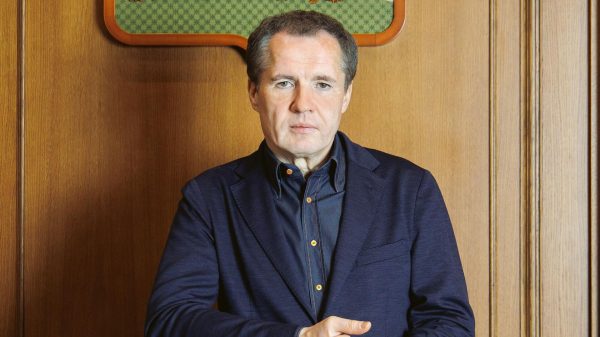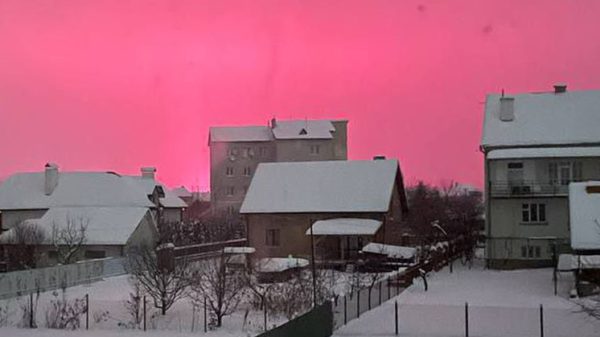Genetic greetings from prehistoric ancestors
In modern humans, up to two percent of our DNA comes from our Neanderthal ancestors, scientists say. Neanderthal DNA has a small but noticeable effect on modern humans, dating back to an ancient period when humans and Neanderthals interbred, says a genetics expert.

It is believed that modern humans, who spread from Africa to Asia about 60,000 years ago, interbred with Neanderthals — and that Neanderthal DNA spread with them around the world.
Speaking to DailyMail.com, genetic engineer Sebnem Unluisler says Neanderthal genes influence everything from hair to nicotine addiction in modern humans.
Unluisler, who works at the London Institute of Regeneration, says: «Neanderthal DNA represents only a small percentage of the modern human genome, and these influences are just one piece of the genetic puzzle that makes each person unique.»
More Daily Mail lists several signs that may indicate we have Neanderthal DNA.
One specific piece of Neanderthal DNA significantly increases a person's risk of developing nicotine addiction addiction — which is paradoxical, given that Neanderthals lived in Europe 40 thousand years before the appearance of tobacco there.
The researchers say these DNA sequences may have provided Neanderthals with adaptive advantages as they moved into new environments, but now have negative consequences, including influencing the likelihood of nicotine addiction. The researchers also found that a number of Neanderthal DNA variants are associated with depression, psychiatric and neurological effects.
Sebnem Unluisler says: “Research suggests a link between Neanderthal DNA and the risk of nicotine addiction. People with Neanderthal ancestry may have a slightly increased likelihood of developing nicotine addiction.
Neanderthal DNA influences the hair of modern people — in particular , people with thick, straight hair may have Neanderthal DNA.
Genetic engineer Unluisler explains: “Neanderthal DNA was associated with differences in hair characteristics. Some people with Neanderthal ancestry may have slightly thicker or straighter hair. Research has also shown that a higher frequency of a genetic variant associated with red hair was present in Neanderthals.
Genes passed on from ancients people, including Neanderthals, can determine how well you get up in the morning, writes the Daily Mail.
Research shows that genes associated with the body's circadian rhythm, which controls when we wake up and sleep, come from Neanderthals.
Vanderbilt University researchers found 16 variants associated with early rising in modern humans , were found in the genomes of a 120,000-year-old Neanderthal and a 52,000-year-old Neanderthal.
Some of these are so-called «clock genes» associated with circadian rhythm, which may have helped early humans get up earlier as they moved to areas with large differences in day length.
Unluisler says: &ldquo ;Neanderthal DNA may influence circadian rhythms and sleep patterns. This may have been influenced by epigenetic factors such as climate, social dynamics and light exposure. People with Neanderthal ancestry may have differences in their sleep-wake cycles.
Large noses may be inherited from Neanderthal genetic material, a study led by University College London has found. The researchers used volunteers from all over Latin America and compared genetic information with photographs of their faces. The study found that one region of the genome — ATF3 — contains genetic material that was inherited from Neanderthals and which may have been the product of natural selection as early humans adapted to colder climates after leaving Africa.
Researchers believe longer noses may have helped Neanderthals adapt to colder air outside Africa.
During the early months of the coronavirus pandemic a study has found that a region of chromosome inherited from Neanderthals makes humans more susceptible to COVID-19. People with the area inherited from Neanderthals were more likely to suffer severe cases of COVID-19, including lung problems.
Further research by the University of Tartu identified four variants of Neanderthal origin that are believed to be responsible. These four variants are thought to be involved in the «cytokine storms» that occur in severe cases of COVID-19.
Neanderthal genes may influence how easily you tan and whether you are prone to burning. A 2018 study from the Max Planck Institute for Evolutionary Anthropology in Germany compared Neanderthal DNA with DNA from 112,000 participants in a UK Biobank pilot study.
Researchers observe many different Neanderthal alleles (variants in DNA) affecting skin color and hair.
Unsluisler explains: “People with Neanderthal ancestry may tend toward lighter or darker skin tones, with some having alleles associated with light skin tones that may have provided increased resistance to ultraviolet radiation in regions with lower sunlight intensity.»


























































Свежие комментарии